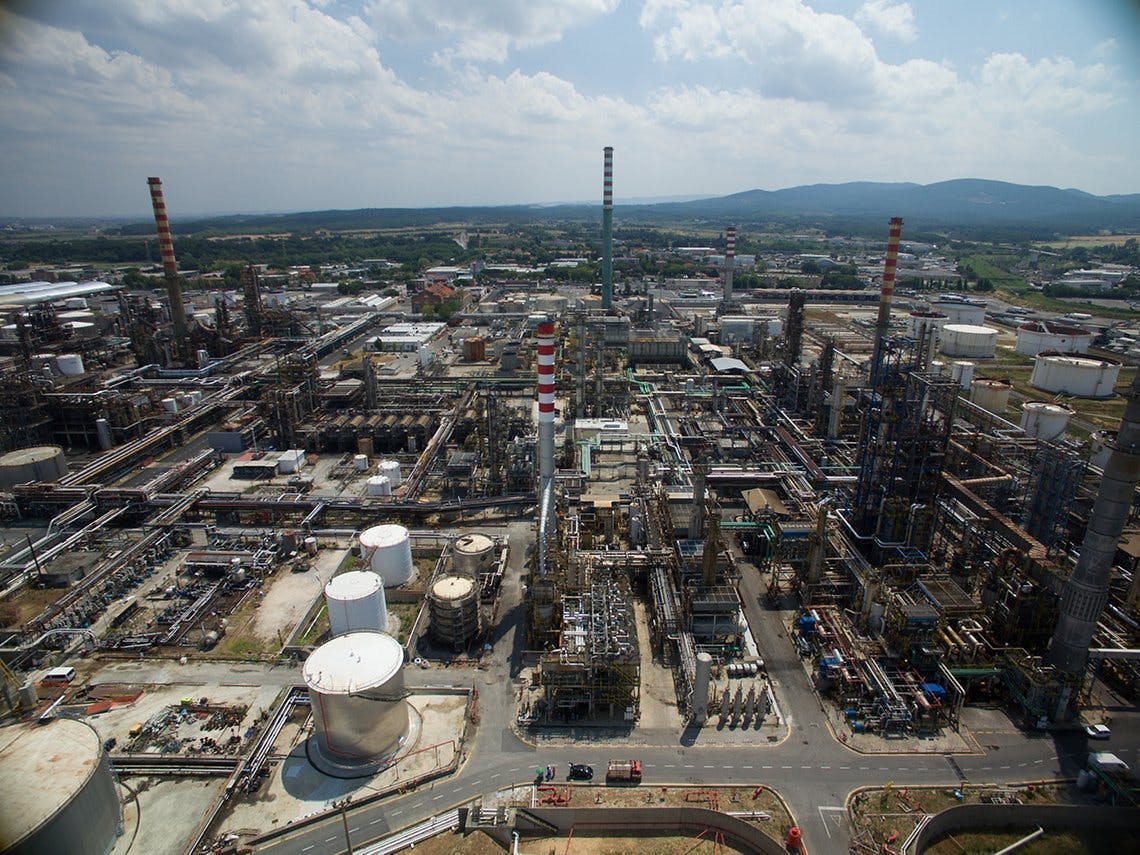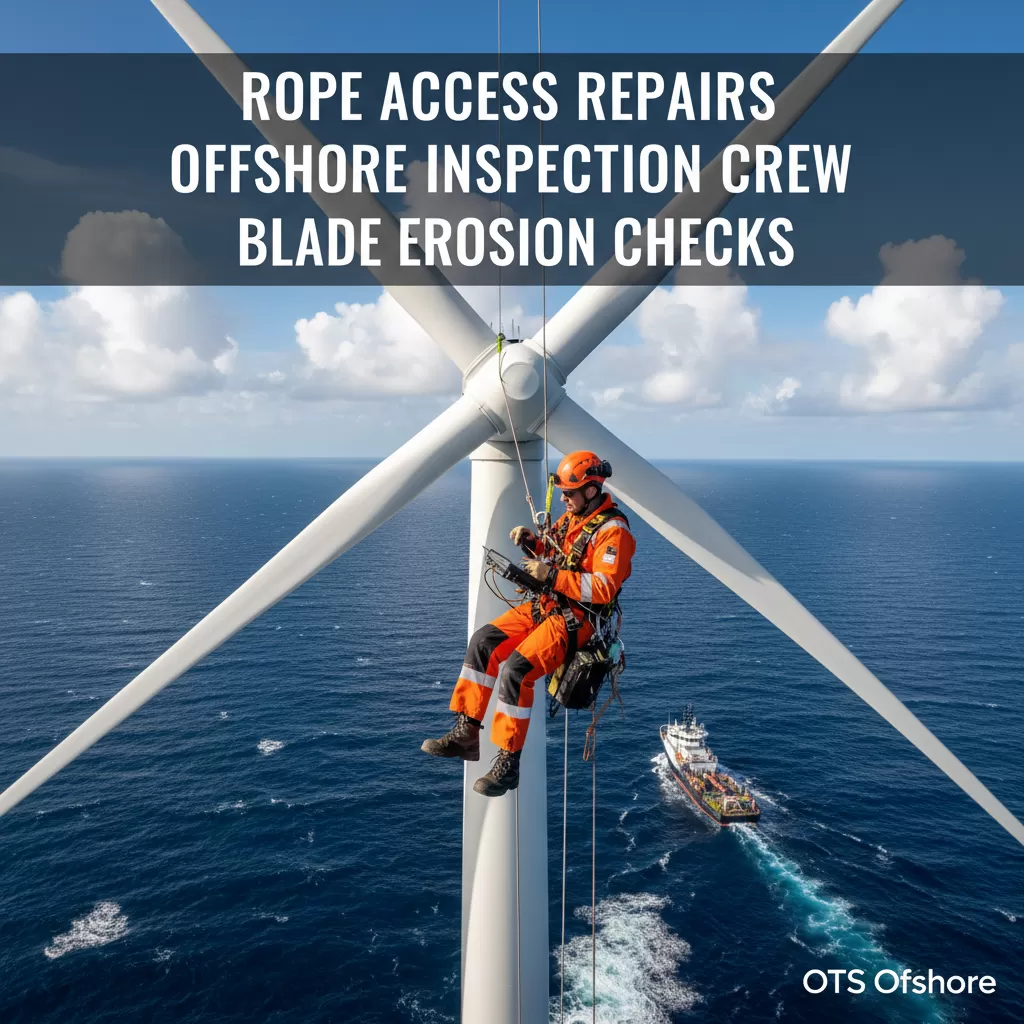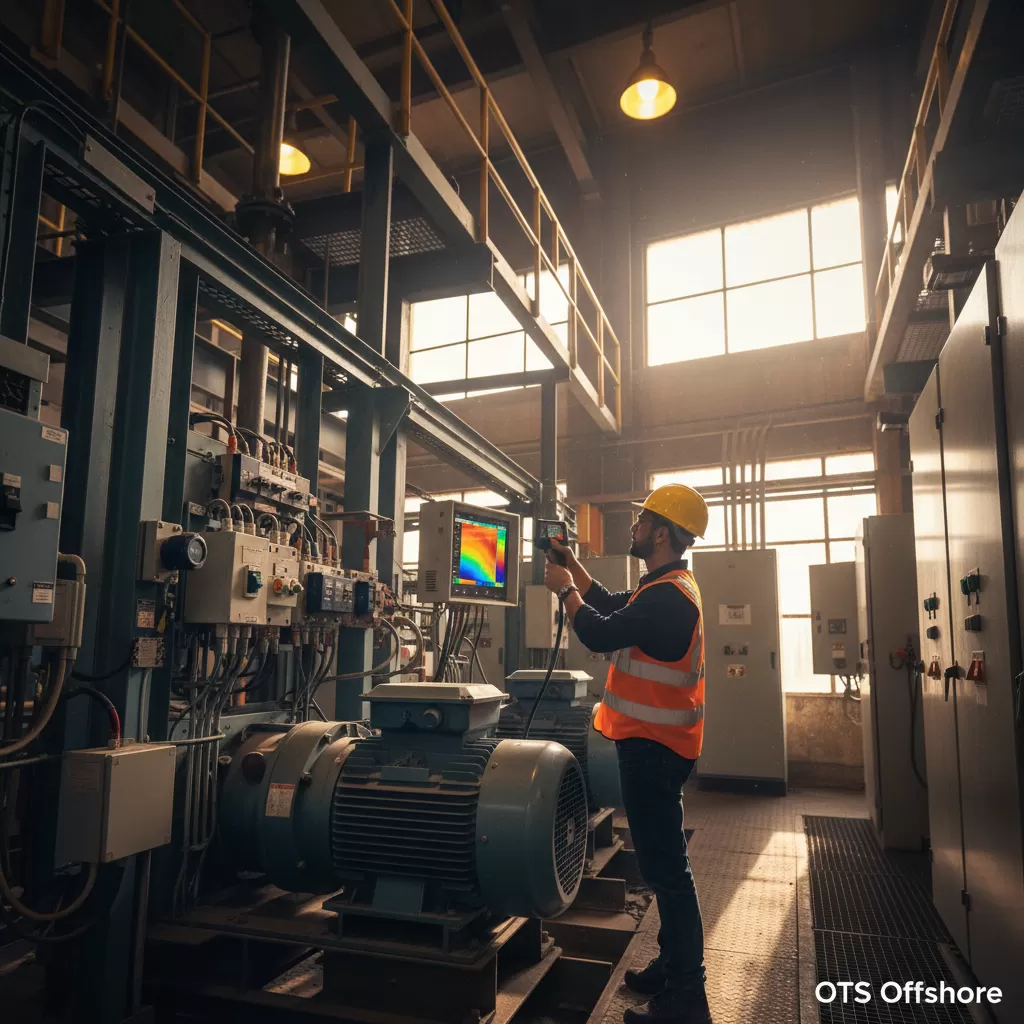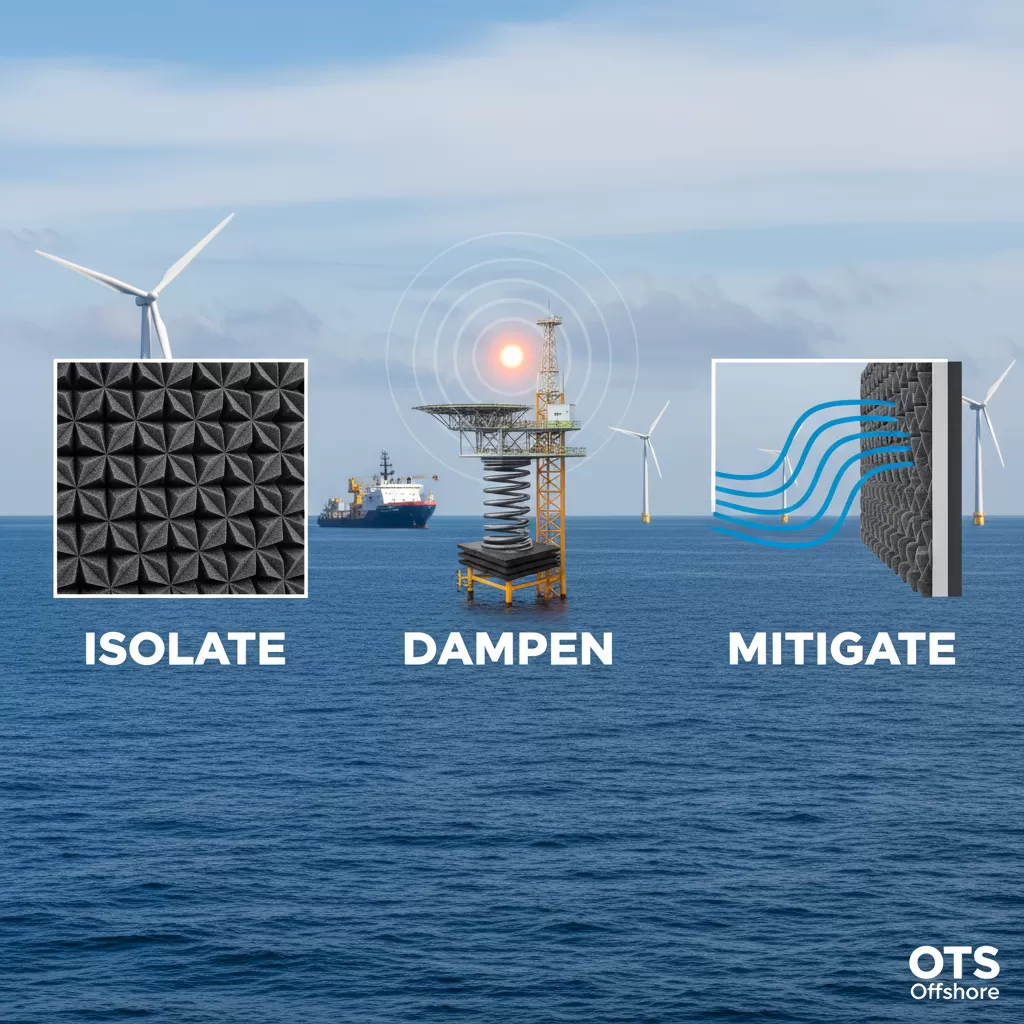
Eni’s Livorno Biorefinery Project: Navigating Regulatory Approvals
As the world transitions towards more sustainable energy solutions, Eni, a leading energy company, is at the forefront of this movement with its ambitious biorefinery project in Livorno, Italy. The initiative, designed to transform Italy’s third bio-refinery, is a significant step towards Eni’s decarbonization strategy and its goal of achieving carbon neutrality by 2050.
#### Regulatory Hurdles and Preparatory Works
In the quest to kickstart construction, Eni isawaiting the final regulatory approvals. The Italian Ministry of the Environment and Energy Security (MOEES) is the primary regulatory body overseeing the project, with local authorities also playing a crucial role in the approval process. The company received preliminary approvals in January 2024, but the single authorization and associated building permits are still pending.
While awaiting formal authorization, Eni has been actively preparing the site. On-site preparatory works have been ongoing since the beginning of the year, laying the groundwork for the conversion of the Livorno industrial site into a cutting-edge biorefinery. The designated areas are now ready for the next phase of development, marking a significant step towards the realization of the project.
#### Ecofining Technology and Production Capacity
Once operational, the Livorno biorefinery will utilize Eni’s proprietary Ecofining™ technology to process various biogenic feedstocks, primarily vegetable waste and residues. This technology allows for the production of hydrotreated vegetable oil (HVO) diesel, HVO naphtha, and bio-LPG, all in line with the European Renewable Energy Directive. The facility will have an annual production capacity of 500,000 tonnes, contributing significantly to Eni’s overall biorefining capacity.
#### Decarbonization Strategy and Bio-Refining Capacity
Eni’s broader strategy focuses on








